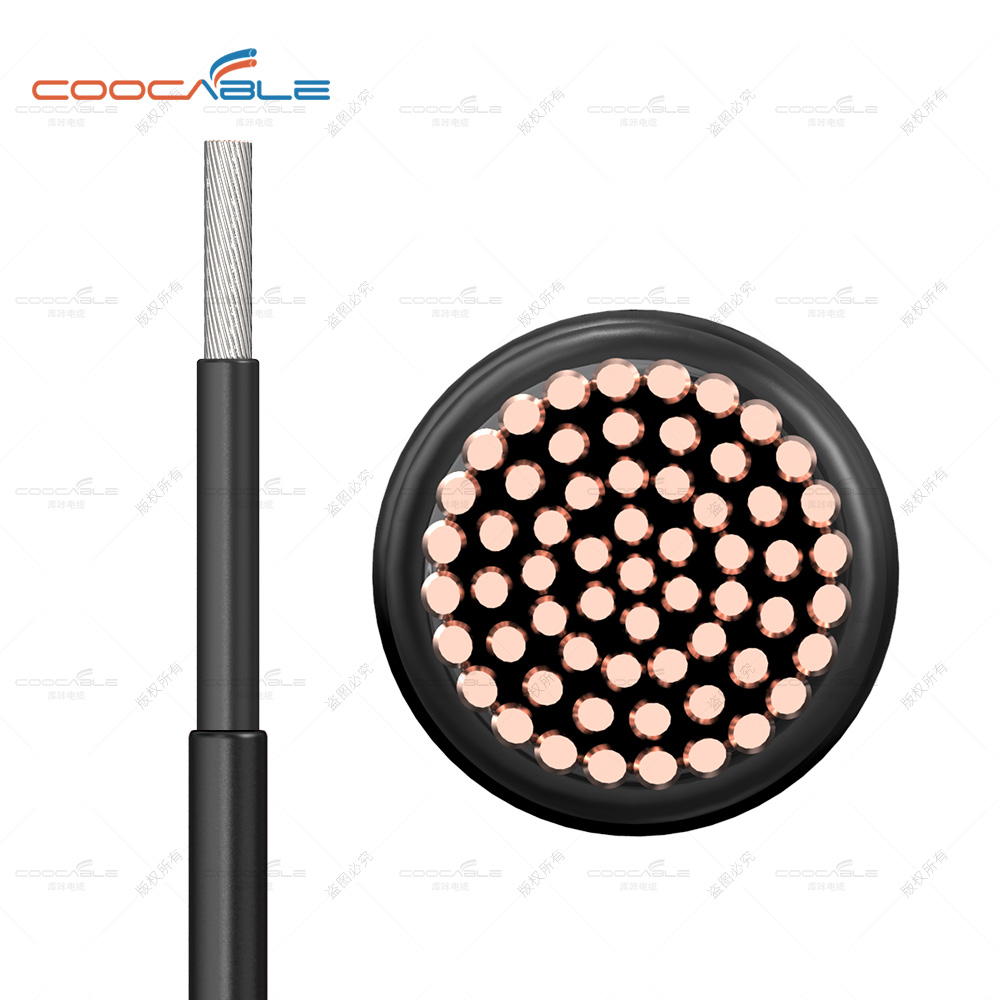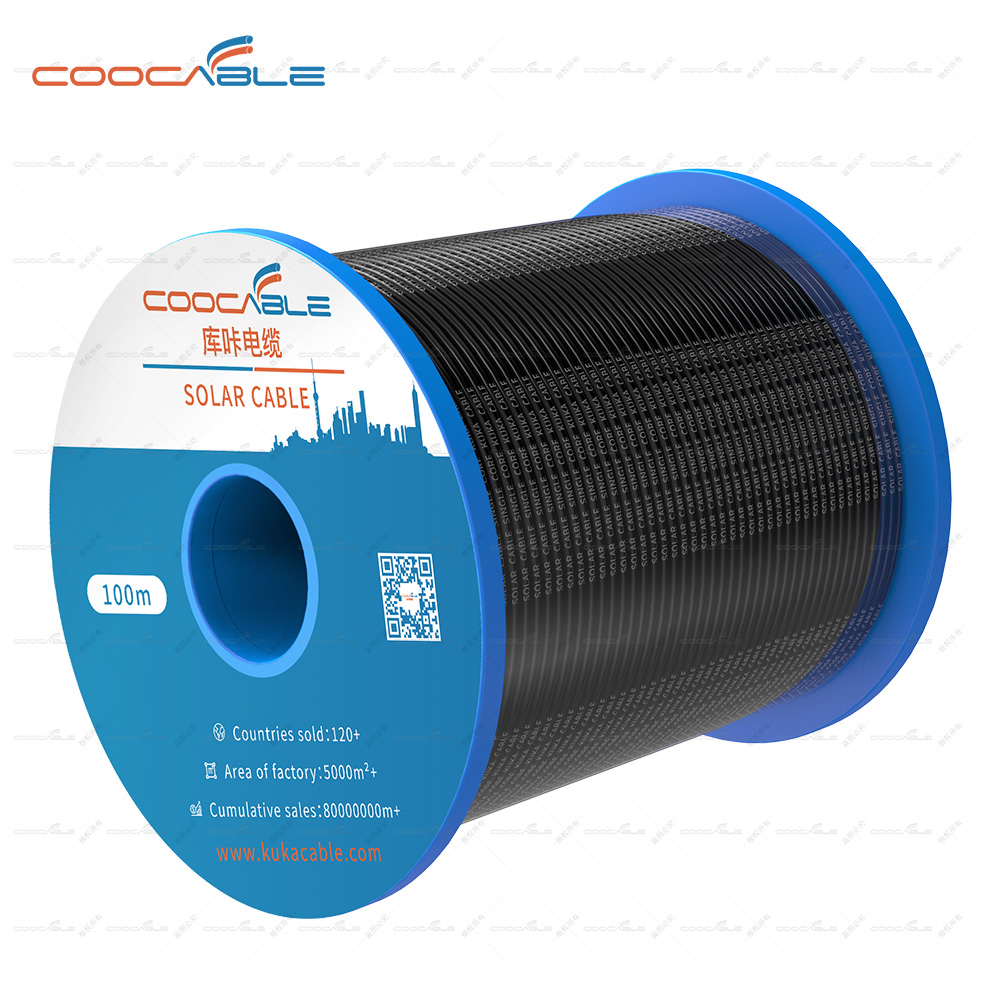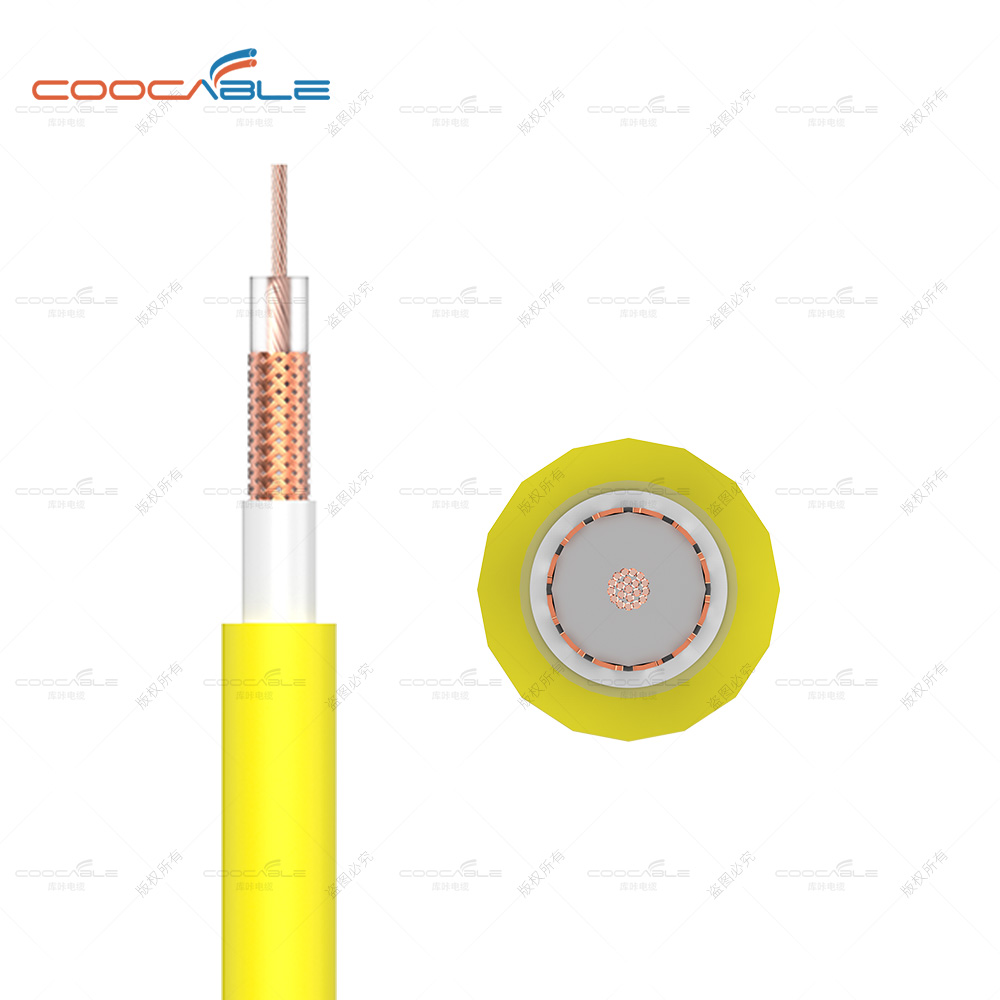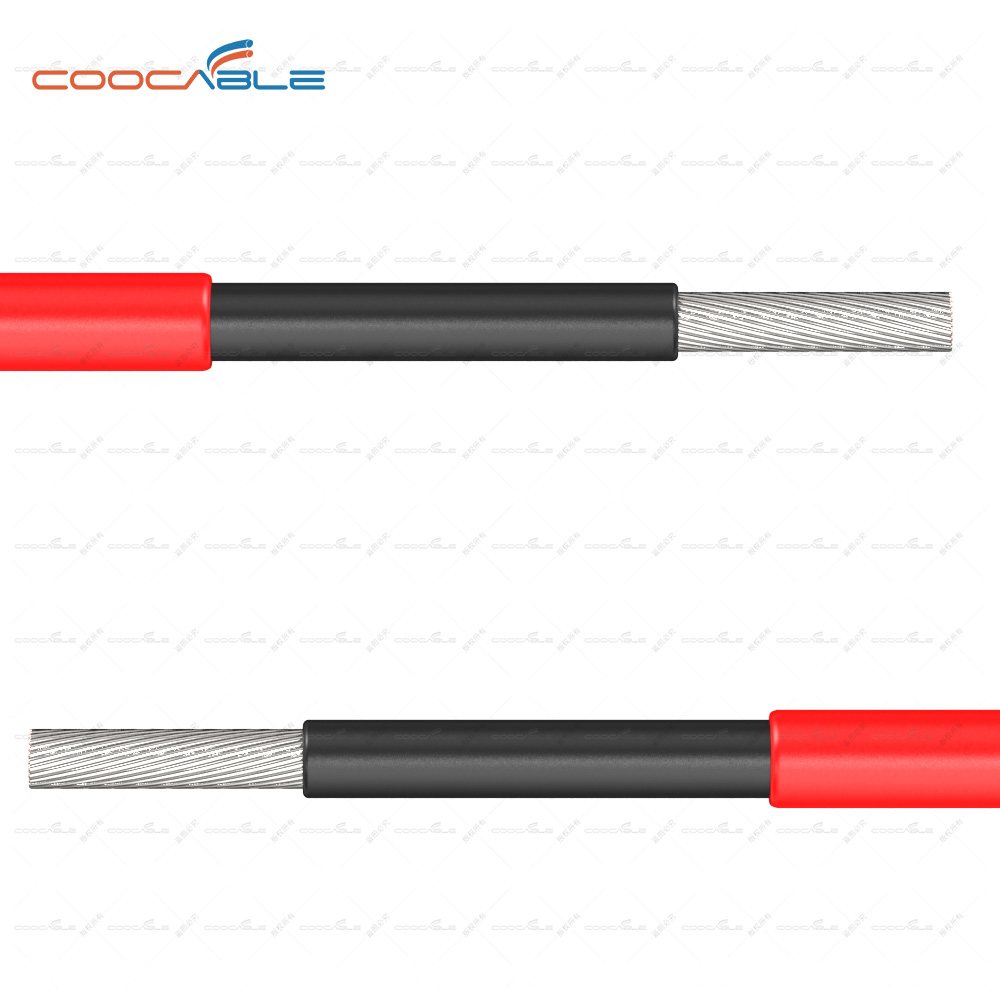The difference between TUV solar dc cable and ordinary wire
Photovoltaic cables are often exposed to sunlight, and solar systems are often used in harsh environmental conditions, such as high temperatures and ultraviolet radiation. In Europe, sunny and favourable terrain will result in on-site temperatures of up to 100°C for solar systems. Now, the variety of materials we can use are PVC, rubber, TPE and high-quality cross-link materials.
But unfortunately, rubber cables with an extra temperature of 90°C and even PVC cables with an extra temperature of 70°C are often used outdoors. Now that the National Golden Sun Project has been launched again and again, many contractors are trying to save costs. , Do not choose special cables for solar energy systems, but choose general pvc cables to replace photovoltaic cables, obviously, this will greatly affect the service life of the system.
The characteristics of photovoltaic cables are selected by the special insulating materials and sheathing materials for cables, which we call cross-linked PE. After being irradiated by an irradiation accelerator, the molecular structure of the cable material will change, and then provide all aspects of it. function.
Resistance to mechanical loads, in fact, during equipment and maintenance, cables can be routed on sharp edges of roof structures, while cables are subject to pressure, bending, tension, cross tensile loads and strong shocks. If the strength of the cable sheath is not enough, the cable insulation will be severely damaged, which will affect the service life of the entire cable, and may lead to problems such as short circuits, fires and personal hazards.





